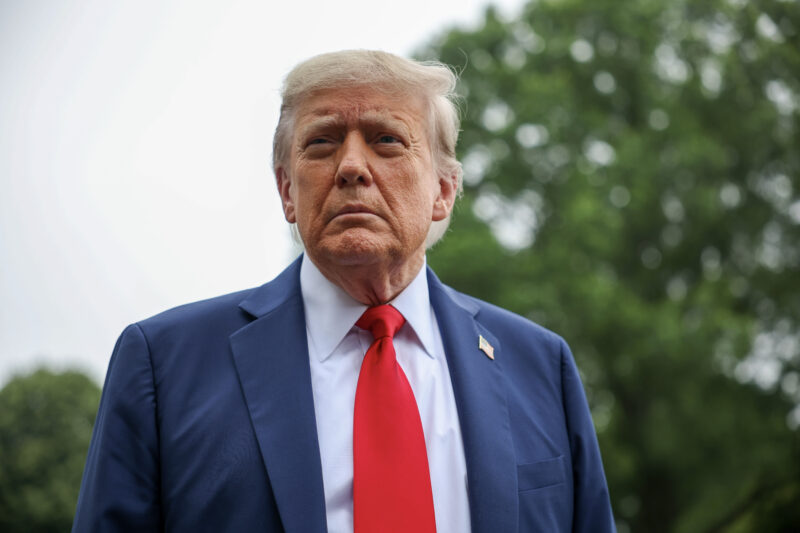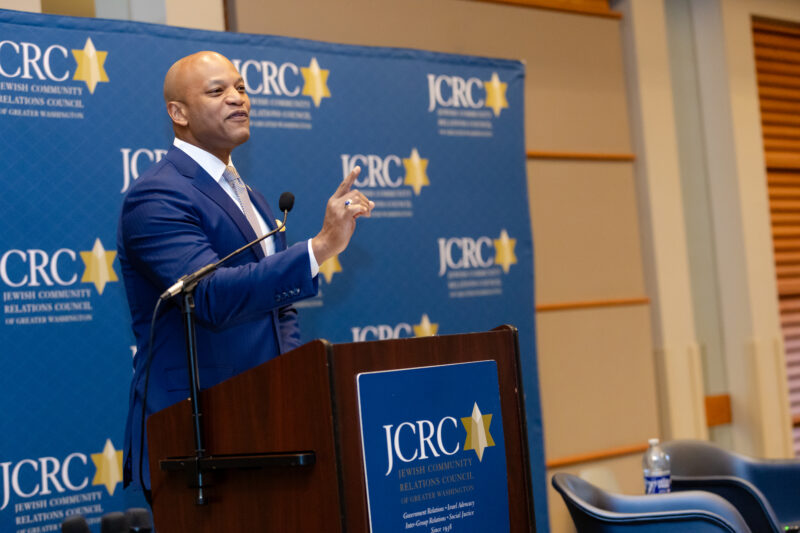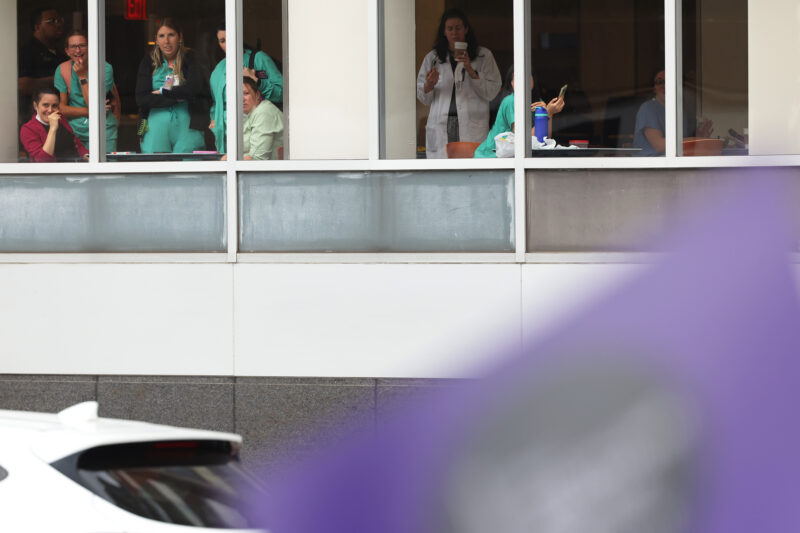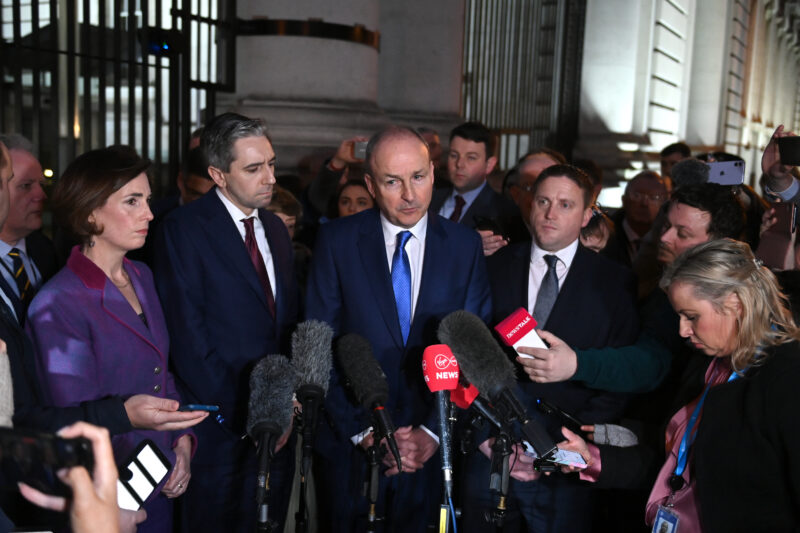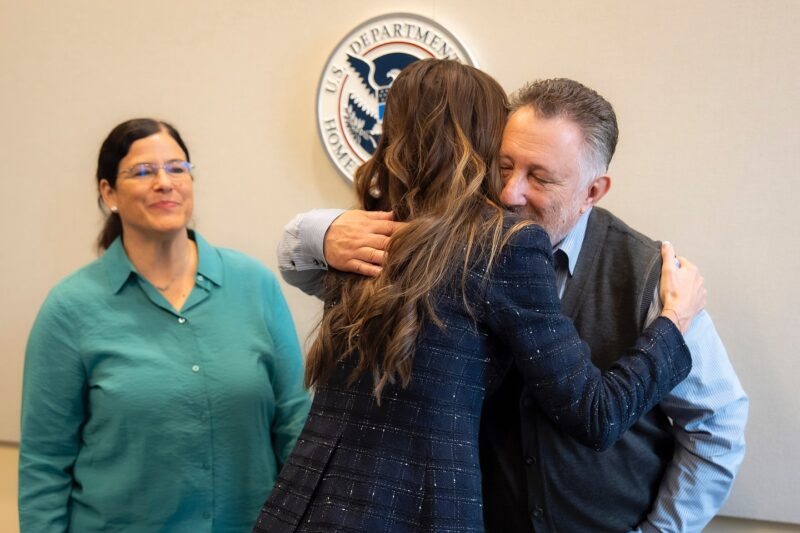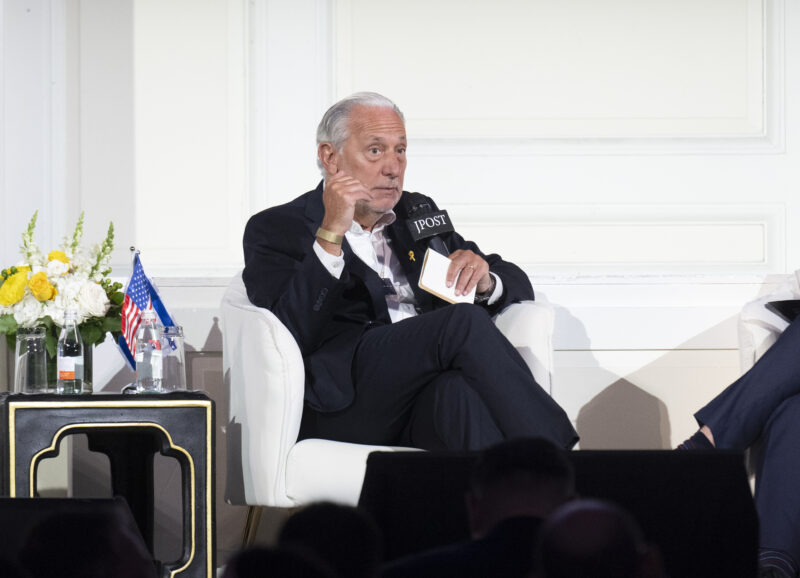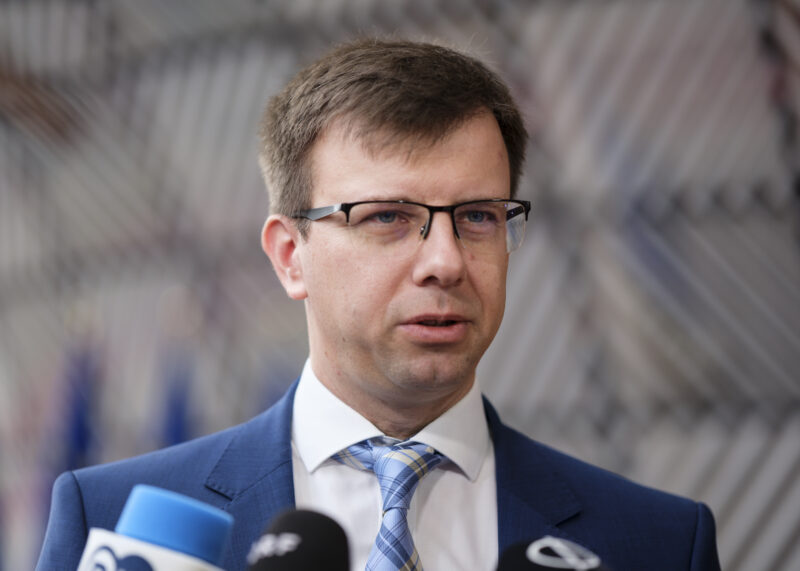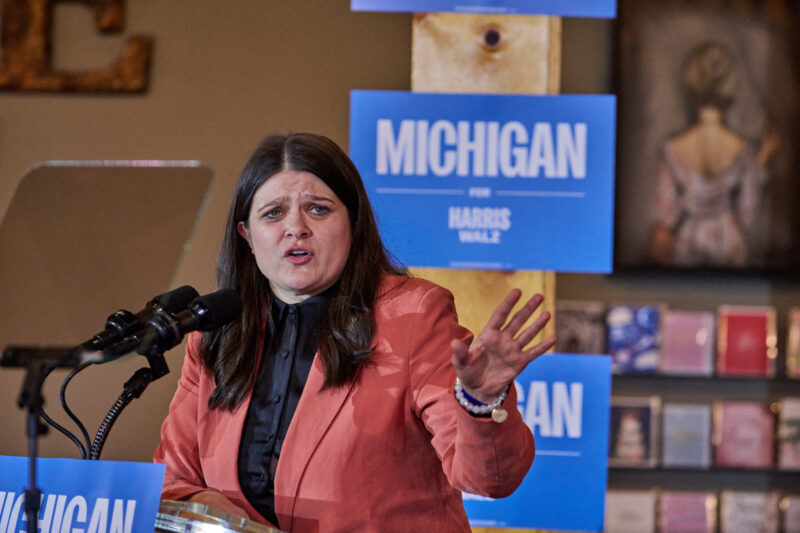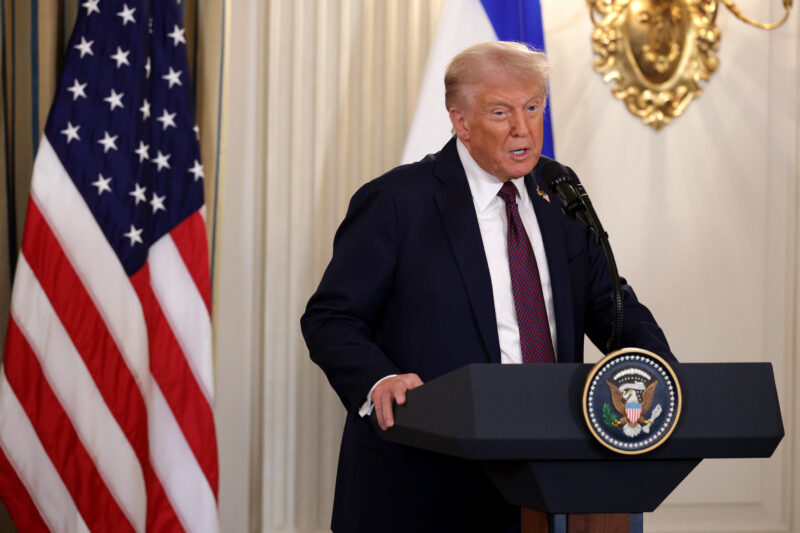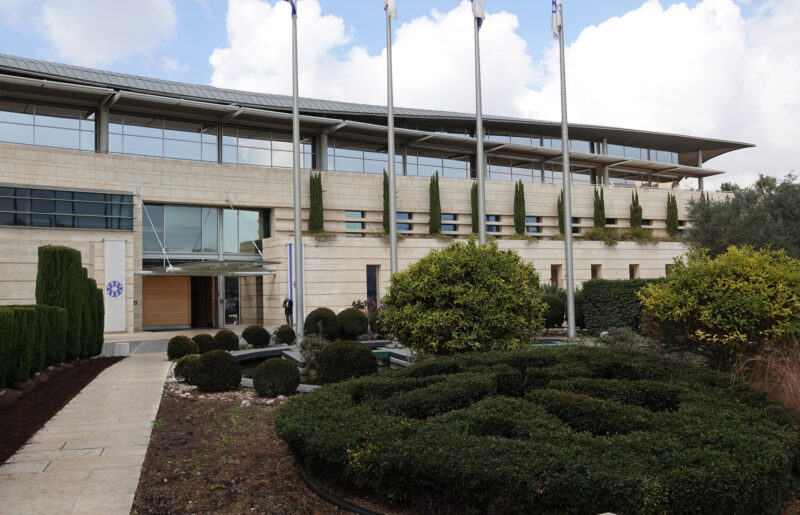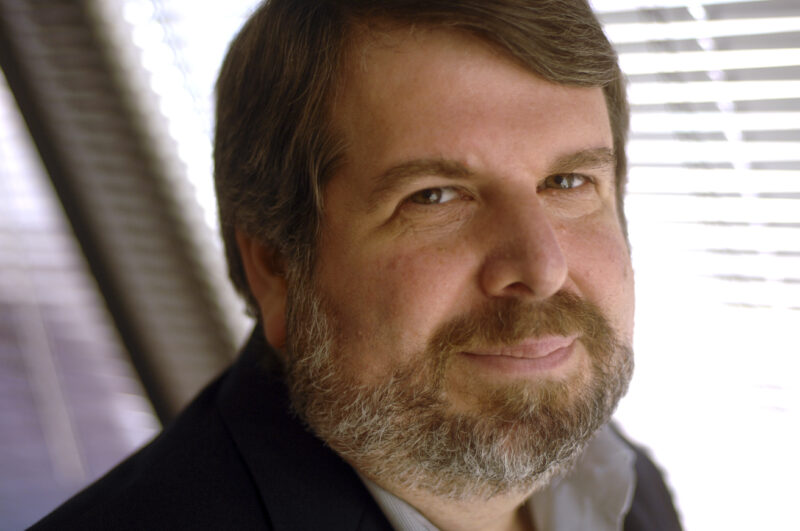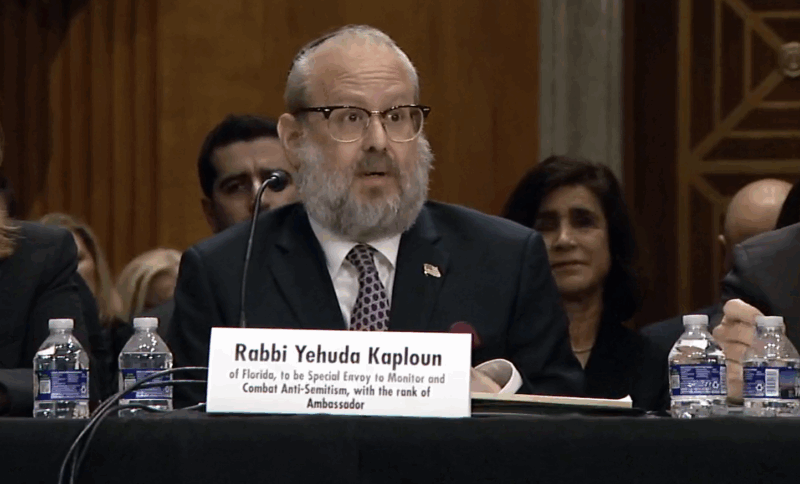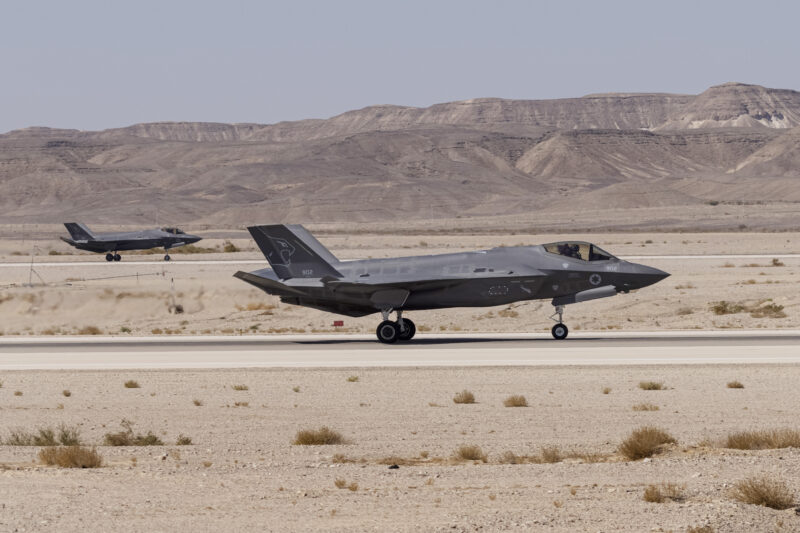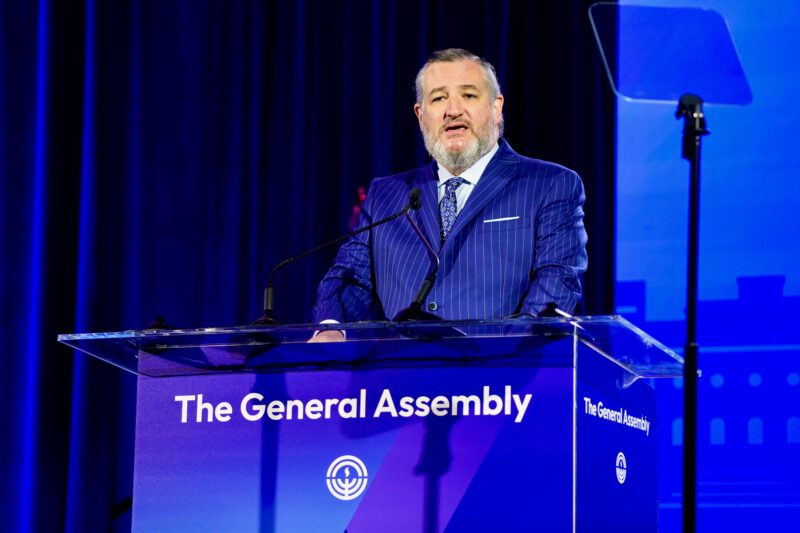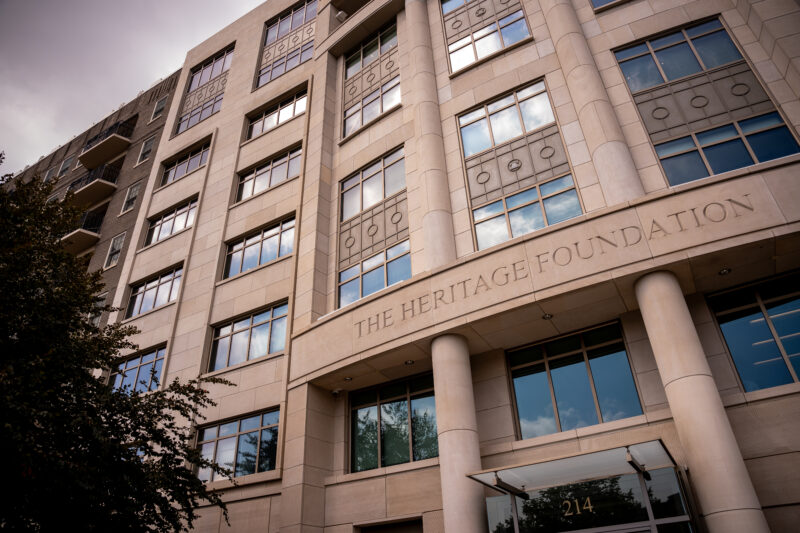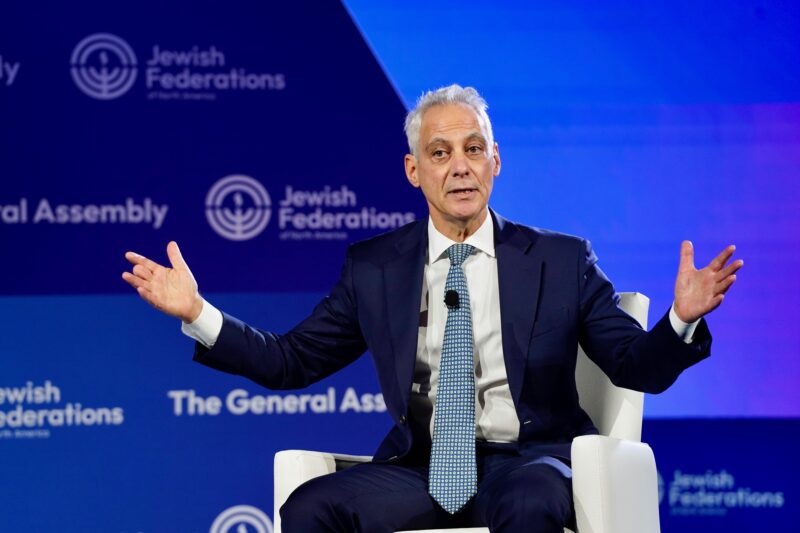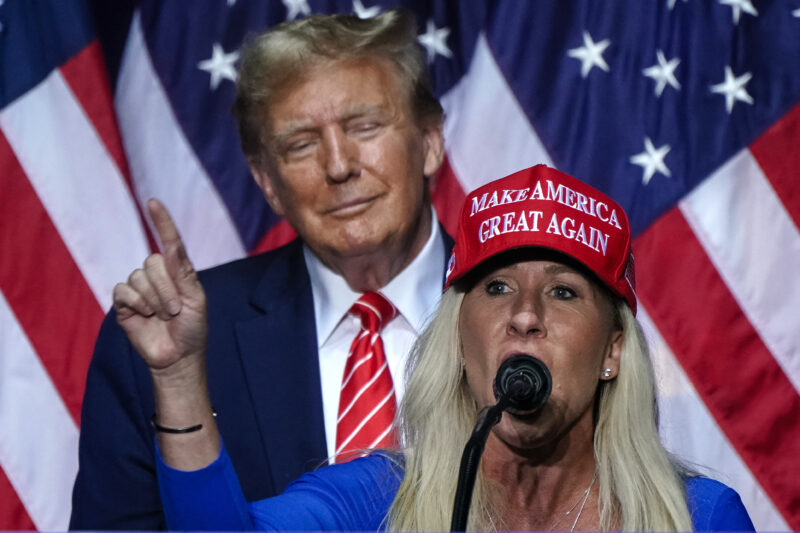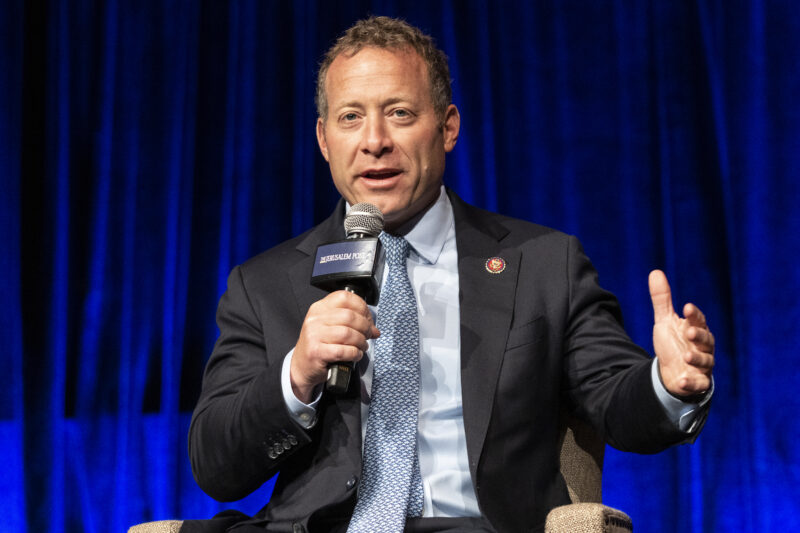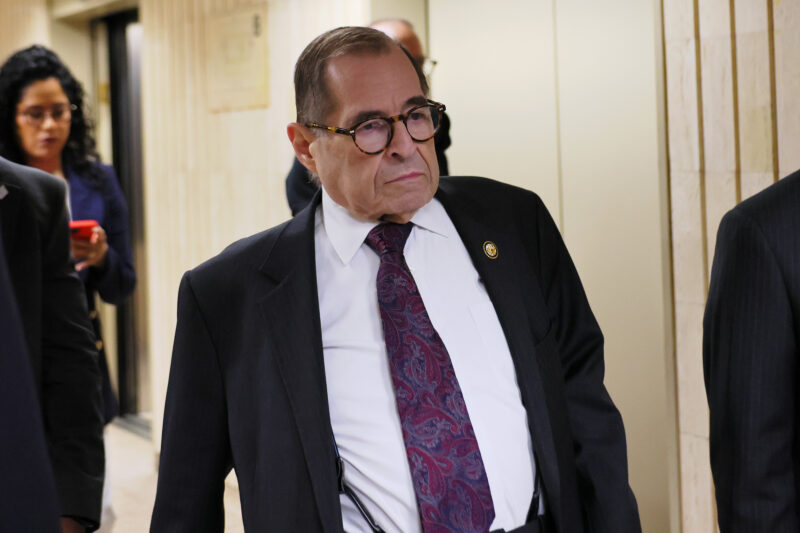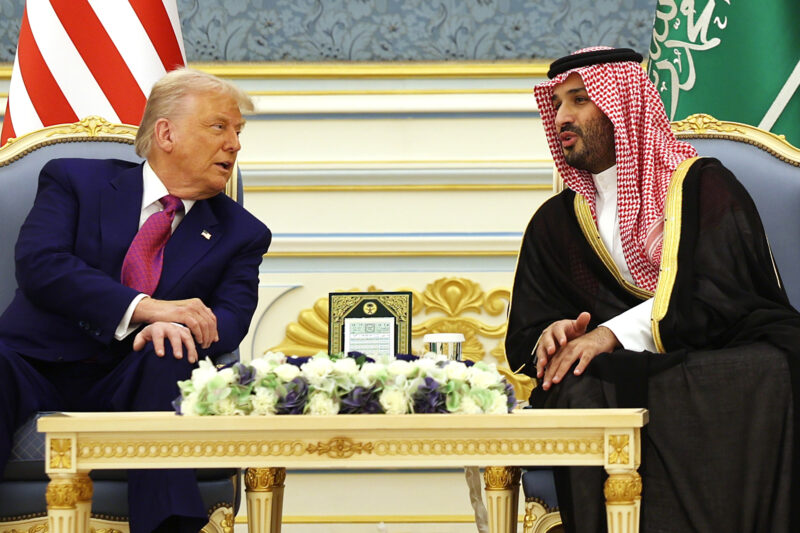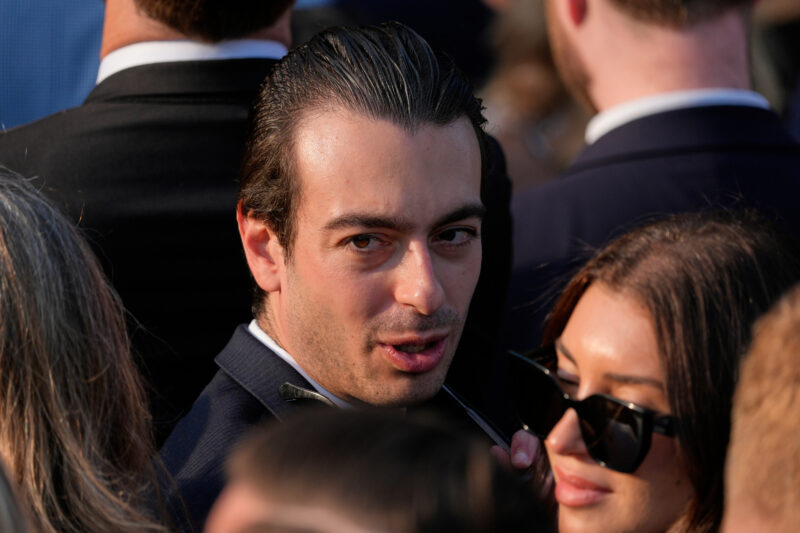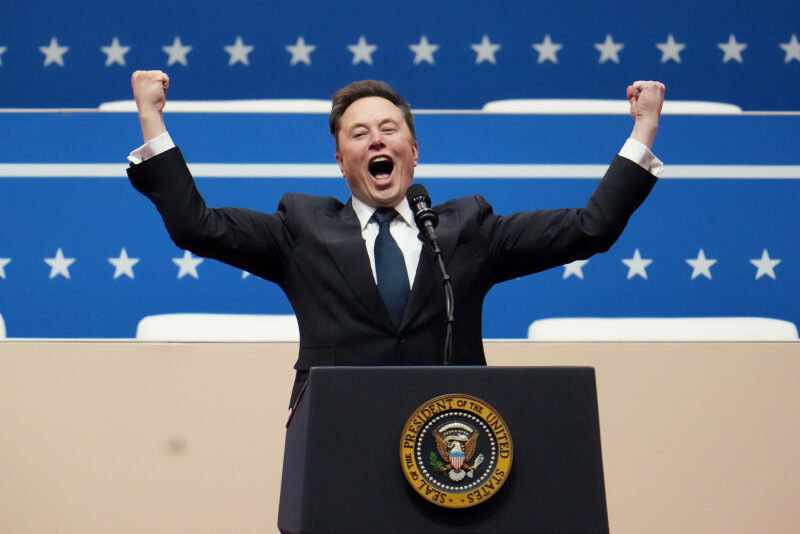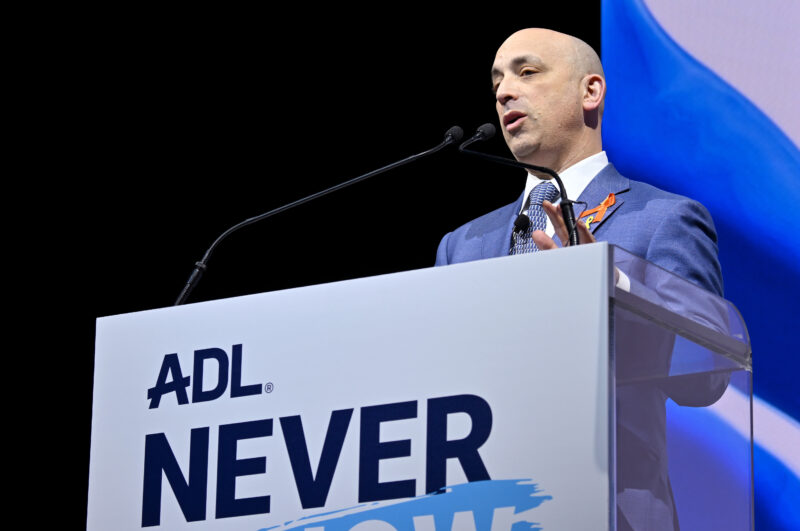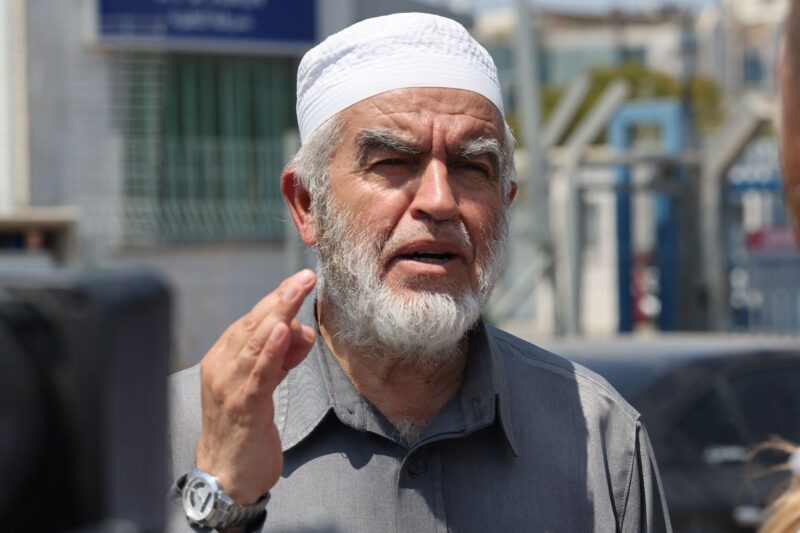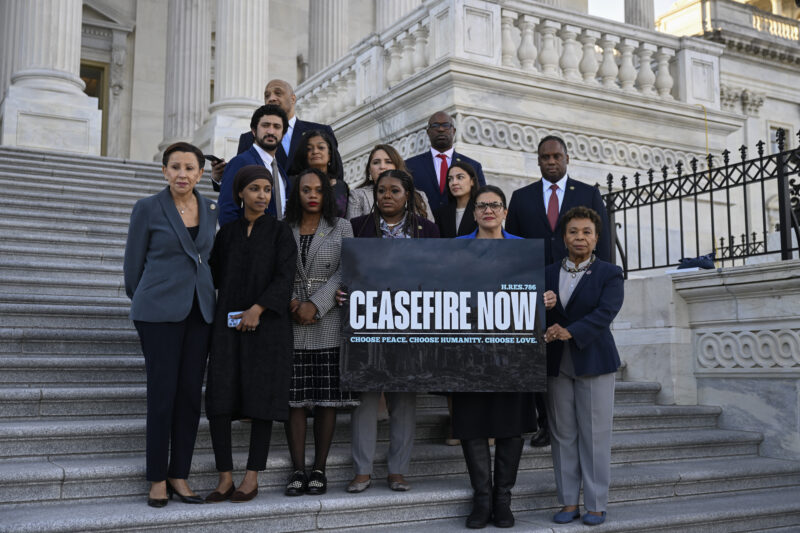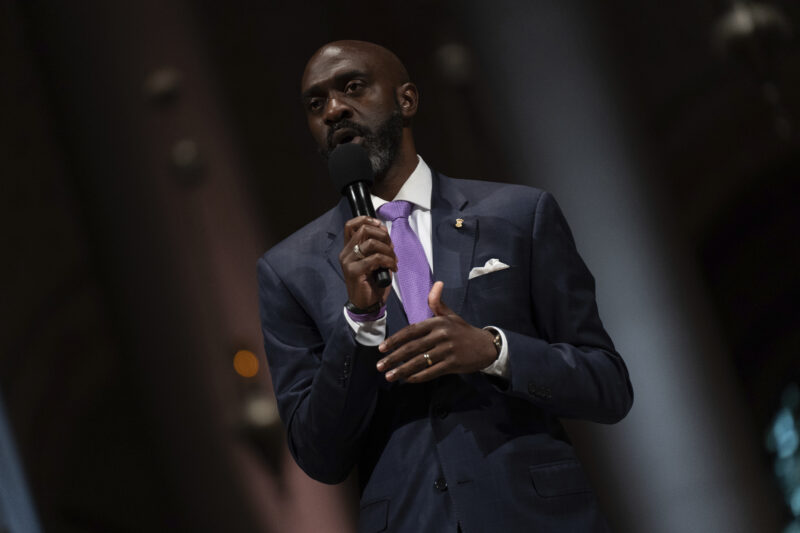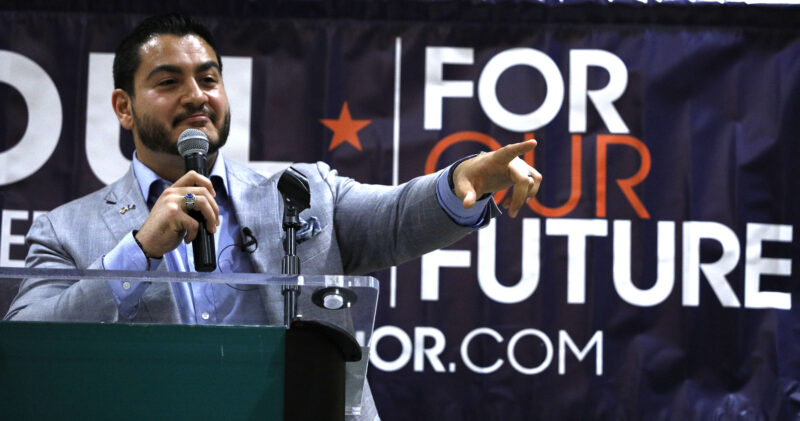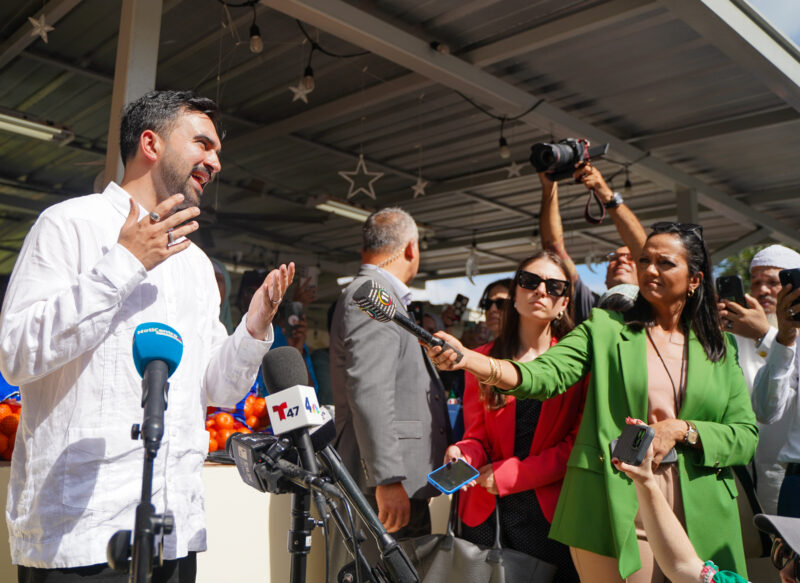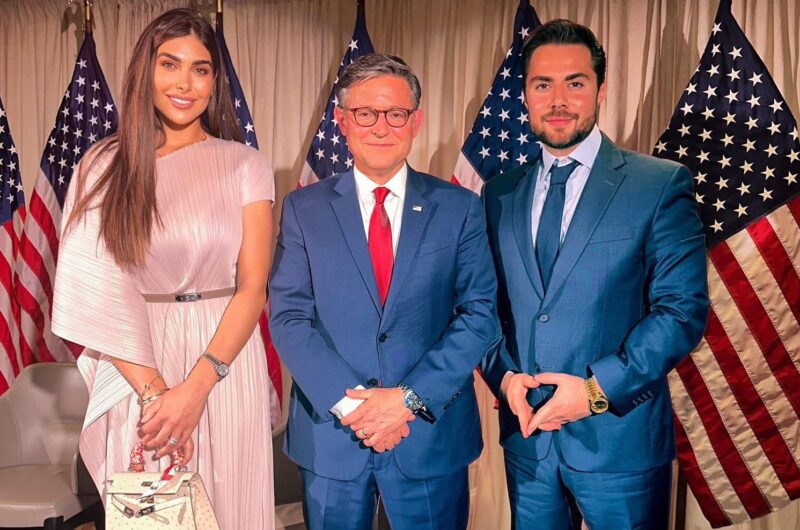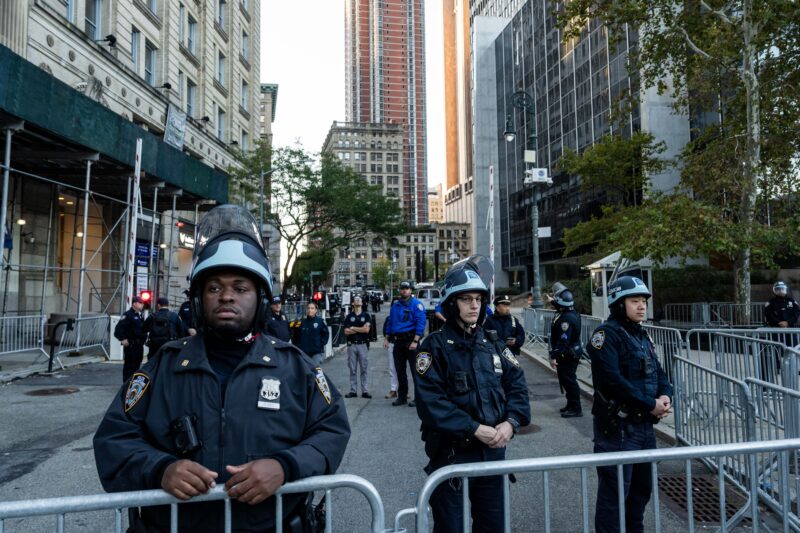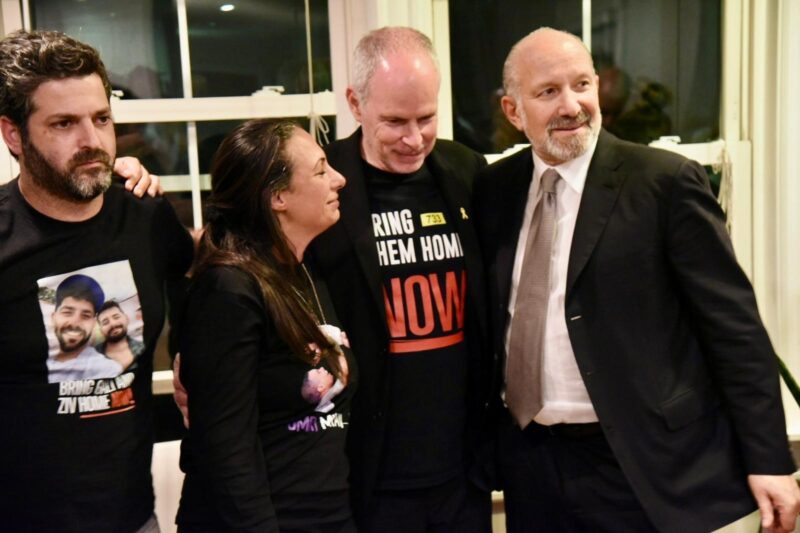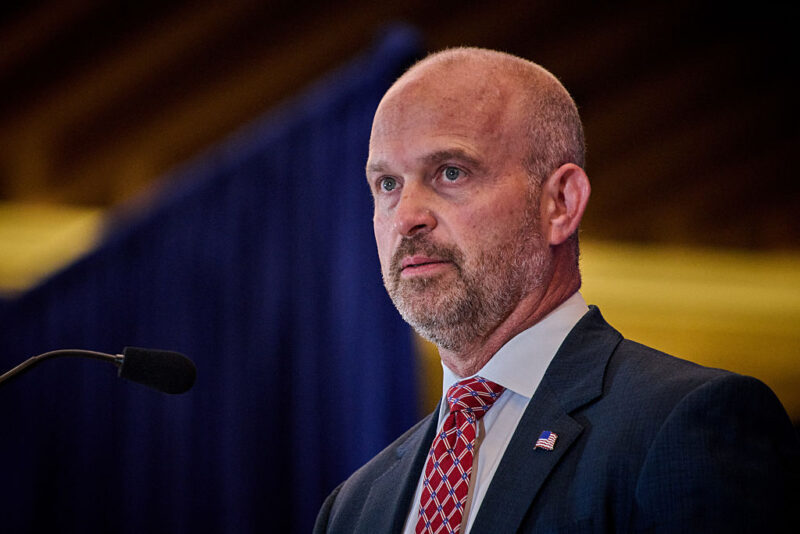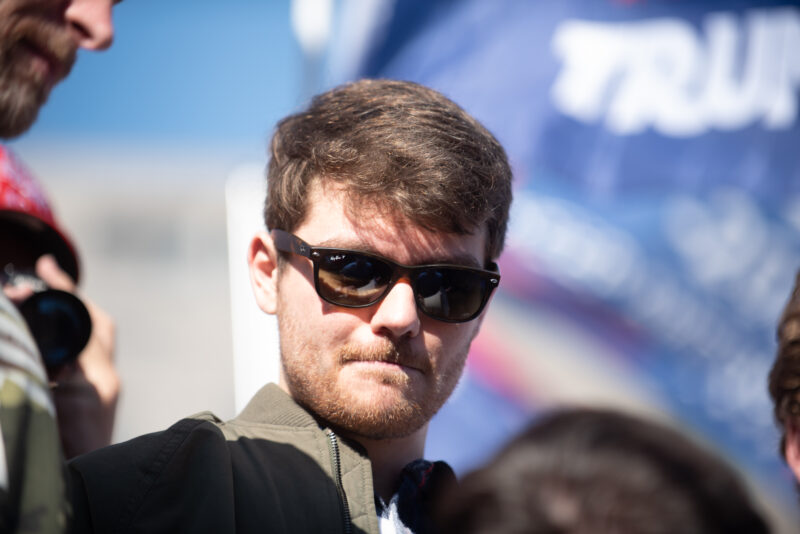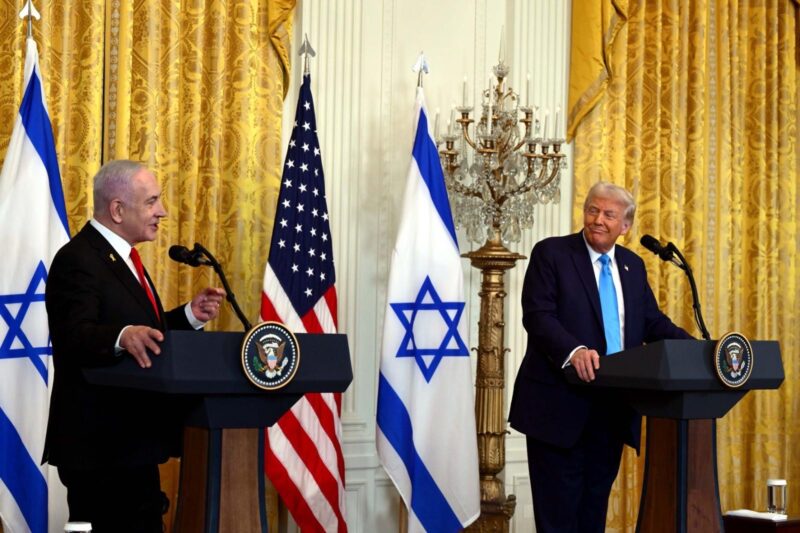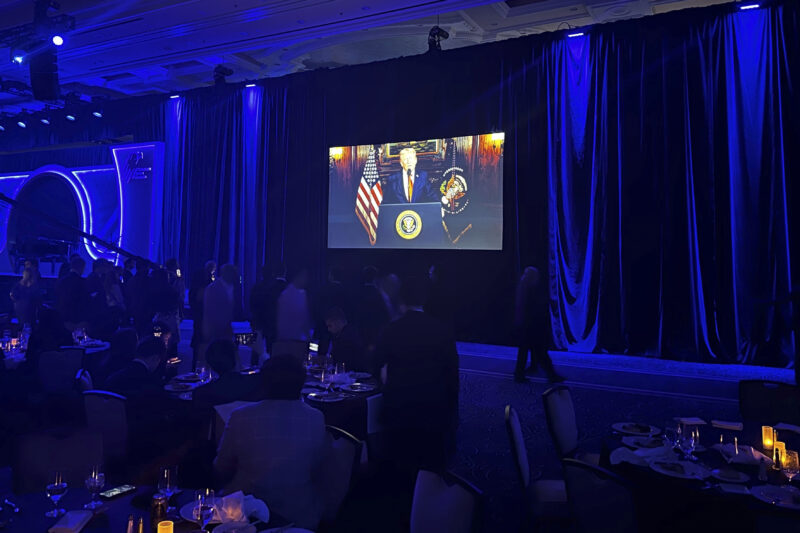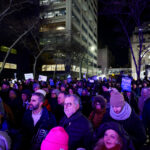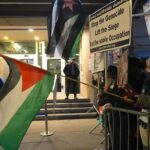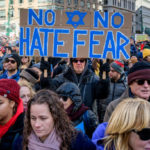The ruling affirmed the constitutionality of legislation passed by Congress to assert U.S. jurisdiction over the PLO and PA

MENAHEM KAHANA/AFP via Getty Images
Shopkeepers, police and fire officers look at the debris at the scene of a suicide bombing near the Sbarro pizzeria on the junction of Jaffa Road and King George Street in Jerusalem.
The Supreme Court ruled unanimously in favor of the victims of Palestinian terrorist groups on Friday in a case regarding the constitutionality of a U.S. law allowing lawsuits against the Palestinian Authority and Palestine Liberation Organization in American courts over payments to terrorists and their families through the “pay-for-slay” program.
The Supreme Court victory in Fuld v. Palestine Liberation Organization is a hard-fought win for the families, and comes following a decades-long series of efforts by American terror victims and their families to sue the Palestinian groups.
Previously, the Second Circuit had repeatedly ruled that legislation passed by Congress to assert U.S. jurisdiction over the PLO and PA, designed to allow victims to sue the groups, was unconstitutional.
Those rulings prompted a back-and-forth between the courts and Congress, which has repeatedly passed legislation designed to address the issues raised by the courts and re-establish a path for terror victims to use the PLO and PA.
The Supreme Court on Friday ruled that the most recent of those bills, the Promoting Security and Justice for Victims of Terrorism Act (PSJVTA), which stated that the PLO and PA would be subject to U.S. jurisdiction if they continued the terror payments or carried out activities in the United States, was constitutional, reversing the Second Circuit’s decision.
In an opinion written by Chief Justice John Roberts, the court ruled that the PSJVTA was reasonable, tying jurisdiction to PLO and PA activities involving the U.S. and sensitive foreign policy matters in which Congress and the executive branch should enjoy broad discretion.
He wrote that the Constitution allows the federal government authority inside and outside the United States, particularly in cases involving U.S. nationals attacked outside U.S. borders.
The case was named for Ari Fuld, who in 2018 was stabbed to death by a Palestinian terrorist whose family subsequently received payments from the PA. Fuld’s wife was one of several family members of terror victims who were party to the suit.
“This is a big deal indeed,” Hillel Fuld, an American Israeli columnist and Ari’s brother, said on X. “Now any American citizen affected by Palestinian terror can sue the Palestinian authority in American courts. Pretty unprecedented! Wow.”
“Ari continues to change the world even after his death,” Fuld continued.
The Supreme Court’s decision should also allow a previous $650 million judgement in the case Sokolow v. Palestine Liberation Organization, which was struck down by the Second Circuit, to move ahead.
Justice Clarence Thomas wrote in a concurring opinion that the court should have gone further in its decision, saying that he is “skeptical” that groups such as the PLO and PA are entitled to “any constitutional rights at all, let alone qualify as ‘person[s]’ for purposes of the Fifth Amendment.” Thomas also cast doubt on the idea that the Fifth Amendment restrains in any way Congress’ authority to expand U.S. jurisdiction beyond U.S. borders.
Justice Neil Gorsuch joined Thomas’s concurrence in part.
“It’s a big win for the plaintiffs,” Mark Pinkert, an attorney for Holtzman Vogel who filed an amicus brief on behalf of a slew of Jewish organizations, told Jewish Insider. “It’s a very big win for victims of terrorism. It’s a really good day.”
He said the case should bring to an end the long-running battle over whether U.S. courts have jurisdiction in these cases.
“For the Sokolow plaintiffs, who already got a jury award, that should be it, and that should allow them to have that jury award reinstated,” Pinkert continued. “Now there’s questions about how they collect on it, but as far as having a judgment in hand that says, ‘You owe me $600 million,’ it should be the nail in the coffin.”
The Fuld case will still need to proceed to trial, but he said it’s “not a stretch to say the Fuld plaintiffs” will be able to successfully argue their case, given the results in Sokolow.
Pinkert explained that in their decision, the justices largely declined to address broader constitutional questions about the boundaries of the Fifth Amendment raised during oral arguments, only declaring that this case did not violate it.




